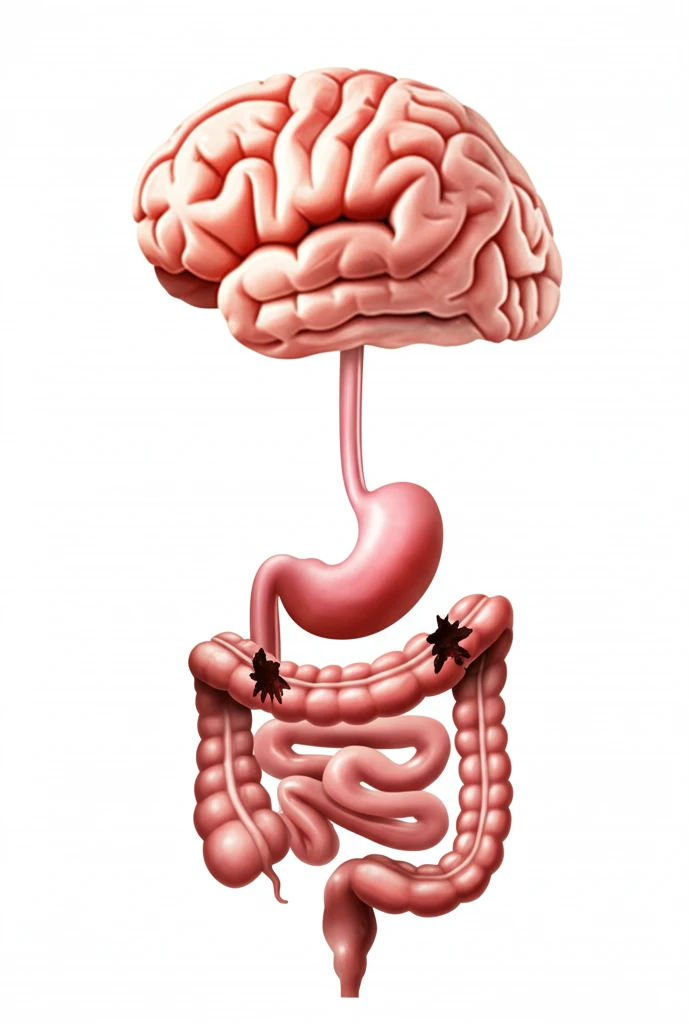
Gut Feelings: How Stroke Affects Digestion and What You Can Do
"Understanding gastrointestinal dysfunction after a stroke is crucial for recovery. Learn practical tips and insights to manage digestive issues and improve your quality of life."
Recovering from a stroke involves more than just regaining movement and speech. Many stroke survivors face unexpected challenges with their digestive systems. These issues, known as gastrointestinal (GI) dysfunction, can range from mild discomfort to severe complications, significantly impacting overall recovery and quality of life. But what’s the connection, and what can you do about it?
The gut-brain connection plays a vital role in this phenomenon. A stroke can disrupt the delicate balance of the nervous system, affecting how your digestive system functions. This can lead to a variety of problems, including difficulty swallowing, constipation, nausea, and even feeding intolerance. Understanding these challenges is the first step toward managing them effectively.
This article explores the link between stroke and gastrointestinal dysfunction, offering practical insights and actionable strategies to help you regain control of your digestive health. We'll delve into the common problems stroke survivors face, explain the underlying mechanisms, and provide tips for managing symptoms and improving your overall well-being. Whether you're a stroke survivor, a caregiver, or simply interested in learning more, this guide provides valuable information to support your journey to recovery.
The Gut-Brain Connection: Unpacking Gastrointestinal Dysfunction After Stroke

Gastrointestinal dysfunction after a stroke isn't just a coincidence; it's a direct consequence of how the stroke impacts the nervous system. The brain and the gut communicate constantly through a complex network of nerves and hormones, often referred to as the gut-brain axis. When a stroke disrupts this communication, it can throw the digestive system into disarray.
- Delayed Gastric Emptying: Food sits in the stomach longer, causing bloating and discomfort.
- Reduced Intestinal Motility: Slower movement of food through the intestines can lead to constipation.
- Increased Risk of Aspiration: Difficulty swallowing (dysphagia) can cause food or liquids to enter the lungs, leading to pneumonia.
- Impaired Nutrient Absorption: The body's ability to absorb essential nutrients from food is compromised.
Taking Control of Your Digestive Health
Living with gastrointestinal dysfunction after a stroke can be challenging, but it's important to remember that you're not alone, and there are strategies you can implement to improve your digestive health. By understanding the connection between stroke and gut function, working closely with your healthcare team, and making informed lifestyle choices, you can regain control of your digestive system and enhance your overall well-being on your journey to recovery.
